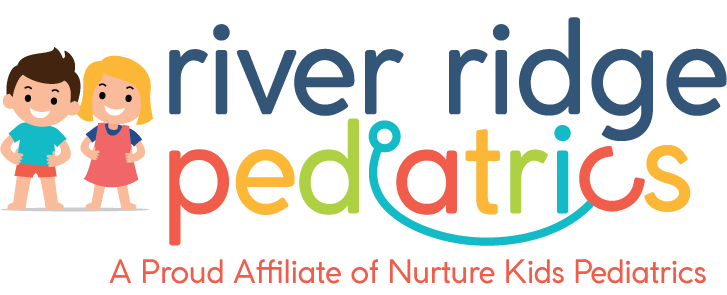7 Facts About the Benefits of Breastfeeding
7 Facts About the Benefits of Breastfeeding
If you are a new mom, you may have questions about breastfeeding versus formula. At Pediatric Center of Round Rock, we agree breastfeeding is best for the baby because in addition to providing the best nutrition, it also primes the immune system which prevents infections, allergies and asthma. It is recommended to breastfeed for at least 6 months, but we encourage our patients to continue for the the first year of life, even if at one point you decide to introduce other foods as well.
Research demonstrates that giving some breast milk is better than not giving any at all; the benefits of breastfeeding seems to be maximized by the length of time the baby breastfeeds, even if the mother needs to supplement with other foods.
A few days after birth, breast milk changes to contain just the right amount of fat, sugar, water and protein. The antibodies in breast milk helps your baby fight diseases which can’t be replicated by the commercial brands of formula found in stores. In fact, babies that are formula-fed are more likely to experience ear infections and diarrhea.
While infant formulas have gotten better and better at matching the ingredients and their proportions to that of human milk, if you choose to breastfeed your baby, you also lower your risk for some medical conditions such as postpartum depression, ovarian cancer, breast cancer and diabetes. It can also save you over $1,500 a year in the cost of baby forumla!
 Why Dr. Katalenas Recommends Breastfeeding Your Baby
Why Dr. Katalenas Recommends Breastfeeding Your Baby
Breast milk contains active infection-fighting white blood cells and natural chemicals that provide increased protection against infections in the first months of a baby’s life, when infections can be the most serious.
Breast milk can help prevent SIDS and sudden infant death syndrome, according to the American Academy of Pediatrics.
While breastfed babies may have relatively fewer infections, the vast majority of infants won’t get a serious infection in the first months whether breast or bottle fed.
Breast milk is easily digestible and is easy on a baby’s tummy.
Breast milk may protect against allergies and asthma in the future.
Breast milk may decrease a baby’s risk of obesity in the future.
Breastfeeding can help new mothers lose weight more easily.
Are you breastfeeding for the first time?
Don’t worry, breast feeding takes patience and a lot of practice. If your baby has a difficult time latching on to the nipple, this is normal. While in the hospital, seek help from the nurse on duty or lactation consultants.
When you begin to start breastfeeding, your body will produce small amounts of colostrum that will help protect your baby from infection. Your baby’s tummy is very tiny, so she only needs these small amounts to fill up. As her tummy grows, your milk will change and you’ll produce more of it.
Turn your baby’s whole body toward you, chest to chest. Touch her upper lip with your nipple, and, when she opens her mouth wide, pull her onto your breast, holding your breast for support.
Sign up for our newborn newsletter to get monthly updates on the topics that matter to you most. We answer all of your health questions to keep your family happy and healthy.

 Previous Post
Previous Post Next Post
Next Post



